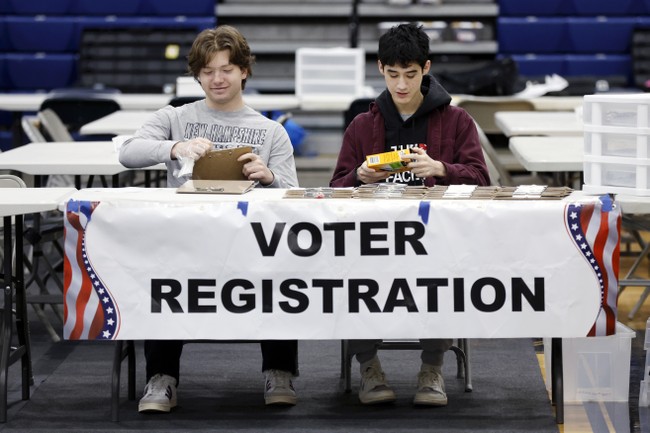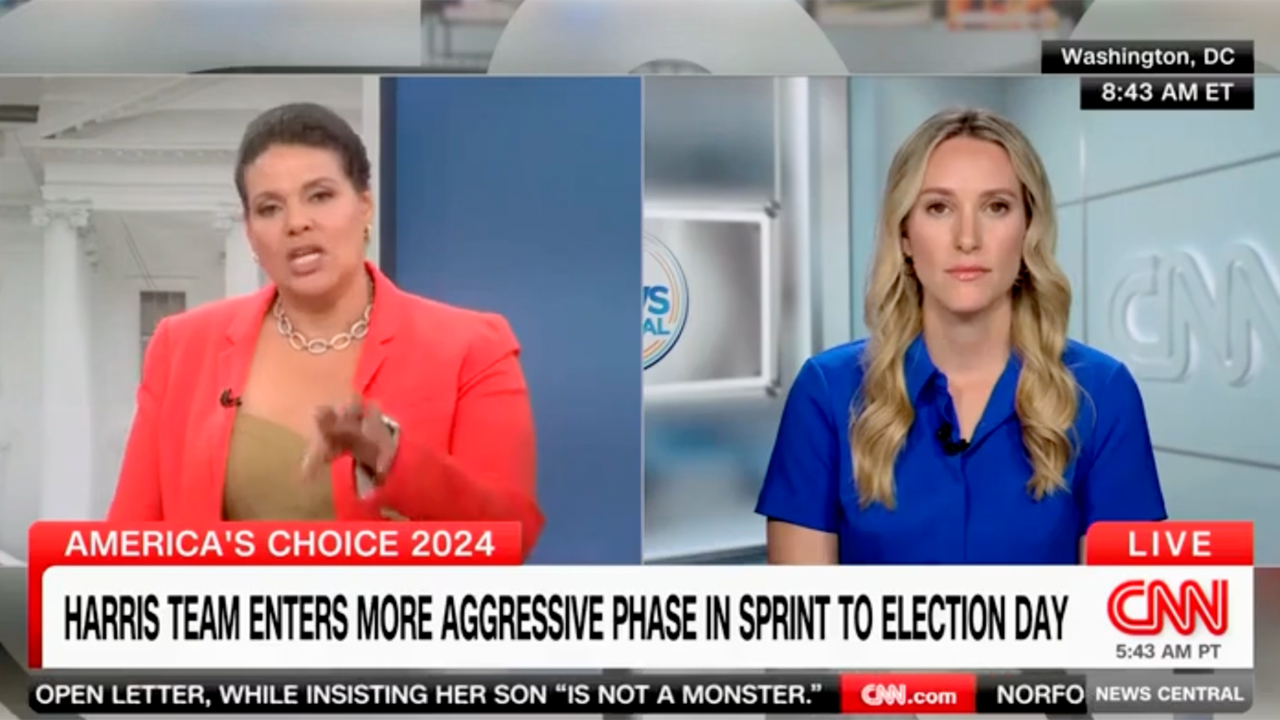In a significant development for Pennsylvania voters, the state Supreme Court on Friday ruled that mail-in ballots must include a correctly written date on their exterior envelopes to be considered valid for counting in upcoming elections.
BREAKING: Pennsylvania Supreme Court has ruled that undated and misdated mail-in ballots cannot be counted.
— Leading Report (@LeadingReport) September 13, 2024
Shotgun Pistol – No FFL Required, Shipped Directly To Your Home
This decision overturns a previous ruling from Aug. 30 by the Commonwealth Court, which had decreed that the dating requirement infringed on voters’ rights as outlined in the state constitution.
The reversal, concluded in a close 4–3 vote, hinged on procedural issues rather than the constitutional debate itself, signifying that discussions on the heart of the matter may resume in future court sessions.
This legal battle escalated when Republicans challenged the Commonwealth Court’s stance, arguing to the Supreme Court that the lawsuit lacked comprehensive representation since not all 67 counties were included.
Initially, the litigation, initiated by the ACLU of Pennsylvania and the Public Interest Law Center on behalf of several voting rights organizations, was directed at the Department of State, Allegheny County, and Philadelphia.
The Supreme Court identified this as a jurisdictional flaw, asserting that without involving all relevant county boards of elections, the Commonwealth Court was not properly equipped to assess the matter.
Adam Bonin, a Philadelphia-based election lawyer actively engaged in related legal actions, emphasized the implications of this decision, noting that unless overturned by a subsequent ruling, voters are obligated to date their ballot envelopes for their votes to be validated.
Major win for election integrity in Pennsylvania
The 5-2 Democrat Pennsylvania Supreme Court, in a 4-3 ruling, vacates liberal court and restores Pennsylvania statute requiring voters to date their mail ballots.
Democrats know following the law makes it harder to cheat. pic.twitter.com/CafPD0rdHD
— Mike Davis (@mrddmia) September 13, 2024
The ruling has sparked reactions from both political sides. Governor Josh Shapiro expressed disappointment, advocating for the consideration of ballots with minor dating errors as valid.
Conversely, Republicans have heralded the judgment as a triumph for electoral integrity, with RNC Chairman Michael Whatley commending it as a pivotal victory for safeguarding Pennsylvania’s voting procedures.
HUGE election integrity win in Pennsylvania.
Following legal action from the RNC and @PAGOP, the PA Supreme Court REJECTED a Democrat attempt to count undated ballots.
This makes mail voting in the Keystone State less susceptible to fraud.
We will keep fighting and winning!
— Michael Whatley (@ChairmanWhatley) September 13, 2024
Despite the court’s focus on jurisdictional technicalities, the dissenting justices, led by Justice David Wecht, appealed for an expedited review of the constitutional claims surrounding the dating requirement.
Advocates for voting rights, including the ACLU of Pennsylvania, have pledged to persevere in their quest to secure a more accommodating interpretation of the law, highlighting the paramount importance of the right to vote.
The enforcement of the dating mandate has been contested since the institution of Act 77 in 2020, which broadened mail-in voting accessibility but introduced the signature and dating prerequisites.
A notable number of ballots have been disqualified in recent elections due to non-compliance with these criteria.
For instance, during the April primary, approximately 1.22% of returned ballots were rejected for lacking a date, signature, or secrecy envelope, with over half of these rejections attributed to missing or incorrect dates.
This ongoing legal saga reflects a broader national conversation on the balance between electoral security measures and the facilitation of voter participation.
The Pennsylvania Department of State, though named in the lawsuit, has not defended the dating requisite, expressing hope for a speedy resolution to the addressed concerns.
As legal challenges continue on multiple fronts, including potential appeals to the U.S. Supreme Court and ongoing litigation under federal law, the discourse on voting rights and requirements in Pennsylvania remains a focal point of attention ahead of future elections.
The opinions expressed by contributors and/or content partners are their own and do not necessarily reflect the views of LifeZette. Contact us for guidelines on submitting your own commentary.
Read the full article here


![Mail In Ballot Date Requirement 4-3 Ruling From The Pennsylvania Supreme Court [WATCH] Mail In Ballot Date Requirement 4-3 Ruling From The Pennsylvania Supreme Court [WATCH]](https://www.rvmnews.com/wp-content/uploads/2024/09/2024.09.14-10.06-rvmnews-66e56015d2b7e.jpg)







![Axe Murdering Cannibal Who Ate Victim’s Brain Released Into the Public in Connecticut [WATCH] Axe Murdering Cannibal Who Ate Victim’s Brain Released Into the Public in Connecticut [WATCH]](https://www.rvmnews.com/wp-content/uploads/2025/02/2025.02.23-10.09-rvmnews-67baf3e9cd3ac.jpg)